
More than 25,000 vapes are likely swept up every month on the streets of Aberdeenshire, Scotland, and from within the drainage fittings on roads and highways.
Aberdeenshire Council supplies waste management specialists Levenseat with around 250 tonnes of street sweepings and gully emptyings every month. They are washed and separated out into gravel, soil, sand, and organics for composting so that the materials can be re-used.
In a recent trial at Levenseat, an Eddy Current Separator was used to reveal around 5,000 vapes from just 50 tonnes of Aberdeenshire’s sweepings and gully waste.
Vapes contaminate waste and recycling collections and the environment and should never be littered or put in any kerbside collection bins or battery bags, Aberdeenshire Council said.
Manufacturing vapes uses up some of the most valuable resources on the planet—steel, aluminium, copper, lithium—which makes recycling them even more important. Recycling just ten tonnes of lithium from these products could supply enough material to produce batteries for approximately 1,200 electric cars opens in a new tab, global leader in enviromental services Veolia has revealed.
Chair of the council’s Infrastructure Services Committee Councillor Alan Turner said: “It is alarming how fast the rise of single use vapes has been. When we think about all the precious materials that are used to create them, just for them to be thrown away on our streets, it must surely be the truest meaning of e-waste.”
ISC Vice Chair Councillor Isobel Davidson urged vape consumers to recycle them responsibly: “When vapes are thrown away, the consequences are always felt by others. They damage our environment, cause fires in our waste streams, and place a significant financial burden on those who must clean up the mess.”
Aberdeenshire council has encouraged consumers to ask their retail outlet if they provide a take-back scheme or reycling point.








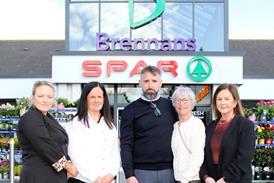


![WG-4003[58]](https://d2dyh47stel7w4.cloudfront.net/Pictures/274x183/4/5/1/353451_wg400358_6083.jpg)




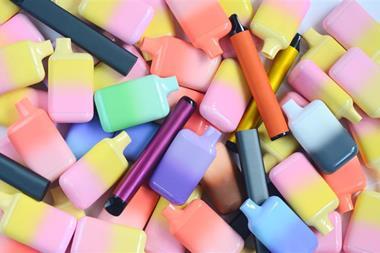
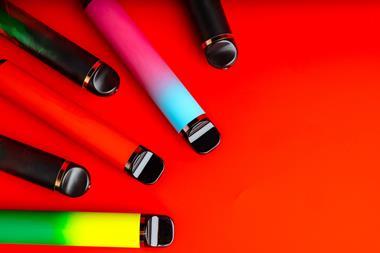
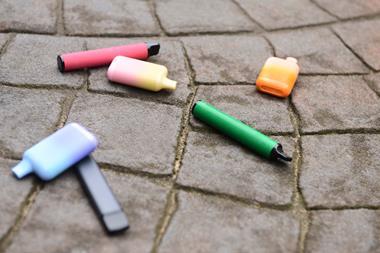
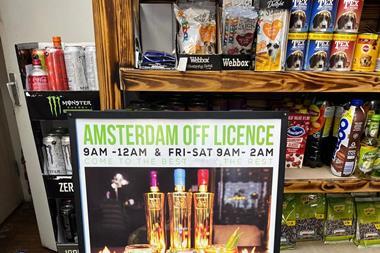
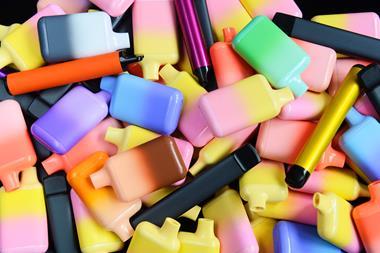
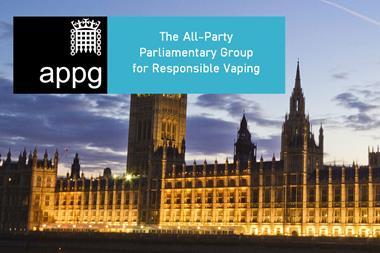

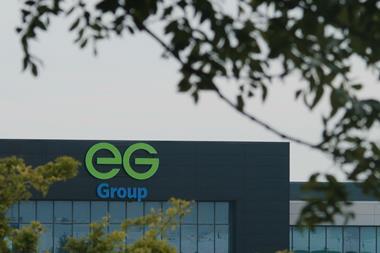




No comments yet